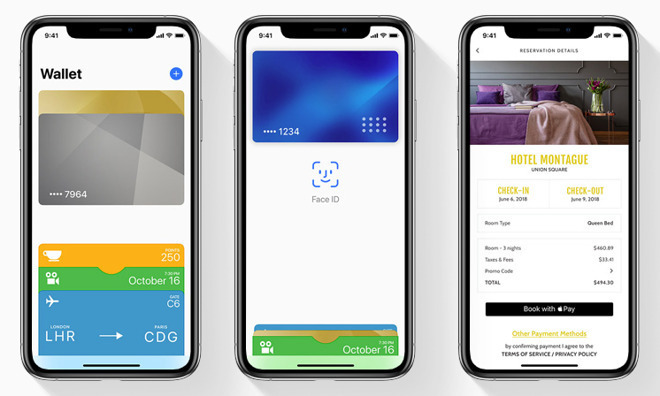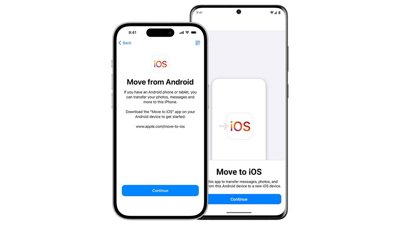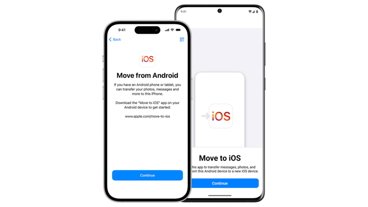In a bid to determine whether Apple's mobile payments strategy runs afoul of European Union laws, antitrust regulators earlier this year asked participating retailers to fill out a questionnaire regarding Apple Pay terms and conditions, according to a report on Tuesday.
In a document disseminated to online retailers in August, the European Commission said it had information that Apple potentially breached EU antitrust rules by restricting or conditioning the use of online payment options in apps and on websites, Reuters reports.
Retailers were asked whether they were under a contractual obligation to enable certain payment methods and if said contracts included conditions for integrating Apple Pay, the report said. Further, the questionnaire inquired whether certain apps were rejected for failing to comply with Apple Pay terms and conditions.
Today's revelations add background to a report in October that claimed the Commission was actively gathering information about Apple Pay as it weighed a formal investigation into the matter. The probe in part takes issue with Apple's decision to restrict third-party access to iPhone's NFC chip, a strategy that precludes use of other payment methods.
The EU confirmed it was assessing the situation in a statement to Reuters.
"The Commission is actively monitoring the development of mobile payment solutions, the behavior by operators active in the payments sector, including mobile payments," the EU watchdog said.
For its part, Apple argues that the iPhone's NFC module is locked down for security reasons. The company consistently touts Apple Pay as the safest mobile payments platform available, claims it can only make by "owning," or facilitating, the entire stack of mobile hardware and software components.
Apple faced similar scrutiny over Apple Pay practices when the service launched in Australia in 2015. At the time, a bloc of major banks sought approval to collectively boycott Apple Pay for a chance to negotiate the installation of third-party software on iPhone hardware, a move it argued would foster increased competition and consumer choice. The banks caved and began to integrate Apple's solution after the Australian Competition and Consumer Commission denied their boycott request in 2017.
 AppleInsider Staff
AppleInsider Staff







-m.jpg)






 Christine McKee
Christine McKee
 William Gallagher
William Gallagher
 Amber Neely
Amber Neely

 Andrew O'Hara
Andrew O'Hara

 Sponsored Content
Sponsored Content
 Charles Martin
Charles Martin








30 Comments
Payments? Payments?! PAYMENTS?! These EU bureaucrats are a bunch of know-nothing, can’t-innovate-for-crap, inferiority-complex-ridden lotus-eaters, constantly out to penalize American ingenuity because their own tech industry is an agglomeration of clueless buffoons. Pathetic.
The US should start to hit back hard. Enough is enough.
Just look at where and how most breaches happened historically.
Hope these regulators all over the world stop their hidden agenda (which is not out to advance and enhance our lives) and take away the only safer transaction option we now have after decades of credit thefts/frauds.
Where were these regulators when Nokia was the largest marketshare and everything is closed-door on their ecosystem back then?
Edit: Sorry, wrong article. 🤷🏾♂️
The EU can kiss my butt. They're a bunch of bureaucratic, talentless primates.
I think that we should go to war with them soon. Not a dropping bombs, let's kill 'em all war, not yet at least, but an economic and trade war, let's turn the dials up a bit, and hit 'em hard and hit 'em good.
such angry comments, as if people were being personally damaged by this.
my only question is what is all this about retailer agreements. apple pay can be used on any tap to pay system anywhere, in any shop.
my local privately owned corner store does not have an agreement with apple.